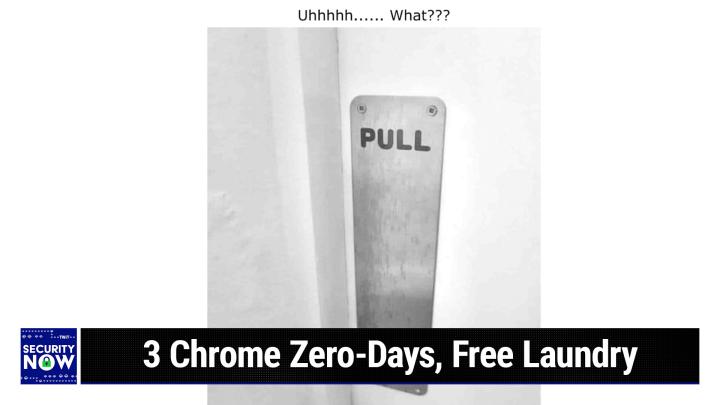Scientists vs. Policymakers: The Heated Debate Over the EU's CSAM Legislation
AI written, human edited.
On the latest episode of Security Now, hosts Steve Gibson and Leo Laporte delved into a contentious issue that pits privacy advocates against policymakers – the European Union's proposed legislation to combat child sexual abuse material (CSAM) online.
The crux of the debate revolves around an open letter signed by 312 scientists and researchers from 35 countries, who have raised serious concerns about the EU's plan to mandate the scanning of private communications for CSAM and grooming content. This proposal has ignited a firestorm of criticism, with experts arguing that the measures would undermine end-to-end encryption and open the door to unprecedented surveillance capabilities.
Gibson, a renowned cybersecurity expert, provided a detailed breakdown of the scientists' rebuttal, which meticulously dissects the technical flaws and potential consequences of the EU's proposal. The letter highlights several key issues, including the ineffectiveness of automated detection technologies, the risks of false positives, and the inherent compromise of encryption protocols.
One of the central arguments made by the scientists is that the proposed targeted detection measures will not reduce the risks of massive surveillance. They contend that flawed detection technology cannot reliably determine cases of interest, and the proposed thresholds for flagging users (twice for known CSAM and three times for new CSAM and grooming) are unlikely to significantly reduce false positives.
Furthermore, the experts argue that the proposal's attempt to categorize applications as high-risk or low-risk is fundamentally flawed. They assert that most services, including those with end-to-end encryption, would inevitably be classified as high-risk, effectively subjecting a vast number of users to unwarranted surveillance.
The letter also addresses the proposal's suggestion to introduce age verification and assessment measures, pointing out that there are currently no well-proven technological solutions that can reliably perform these assessments while preserving privacy.
Throughout the discussion, Gibson and Laporte applauded the scientists' efforts to engage with policymakers in good faith, acknowledging the EU's willingness to amend the legislation based on previous feedback. However, they also expressed concern that the politicians may prioritize optics over substance, potentially implementing ineffective measures that undermine fundamental rights in the name of combating CSAM.
Notably, the scientists emphasized that eradicating CSAM relies on addressing the root cause – child sexual abuse itself – rather than solely targeting the material. They recommended substantial investments in proven approaches, such as education, trauma-sensitive reporting hotlines, and online safety initiatives, in partnership with platforms and content creators.
As the debate continues to unfold, the open letter from the 312 scientists and researchers serves as a sobering reminder of the delicate balance between protecting children and safeguarding online privacy and security. It underscores the need for policymakers to engage with technical experts and consider the unintended consequences of well-intentioned but potentially flawed legislation.
Become a subscriber and never miss an episode: Security Now
